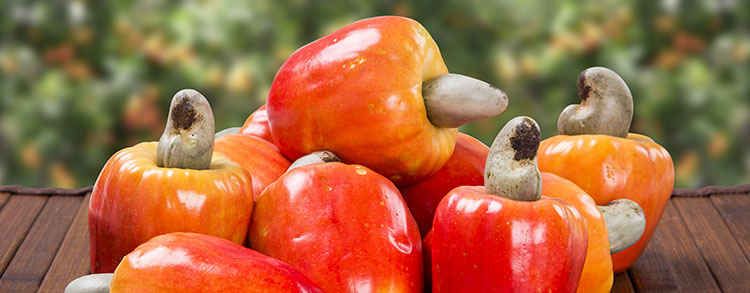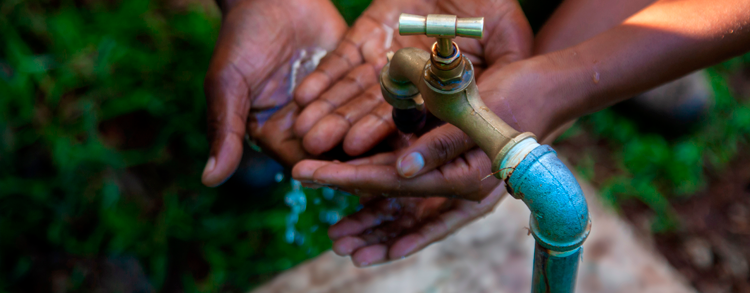The country is in the sights of Abrafrutas and ApexBrasil to leverage exports over the next two years
By Sérgio Siscaro
If the complexity of foreign trade still scares many Brazilian companies with export potential, the situation is even more delicate when it comes to perishable products. Brazil is the world’s third largest fruit grower, but only the 23rd international supplier. Misconceptions in the bureaucratic and logistic process, lack of information and planning prevent the advance of foreign sales. But the good news, experts say, is that you can reverse that scenario, and Canada can be a sure bet.
The prospects are very encouraging. So much so that the Brazilian Fruit Growers-Exporters Association (Abrafrutas) established the Canadian market as its goal for the 2020-2021 biennium, under a trade promotion partnership forged with the Brazilian Trade and Investment Promotion Agency (Apex-Brasil). “There is great potential for premium fruit in Canada. Therefore, we intend to direct promotional activities there, participating in trade fairs, bringing potential buyers here or taking growers to that country,” said the association’s executive officer, José Eduardo Brandão Costa.
Last year, Brazil exported $ 785.66 million in fruit. Most of them to the European Union (58%), mainly using maritime transport. According to data from Abrafrutas, 93% of shipments are made by ship and only 7% by air – mainly used for papaya, mango and fig exports. “The domestic market is strong, and growers still find it very complicated to sell abroad. We need to create an exporting culture,” he said.
Costa participated in CCBC’s last Foreign Trade Chat (Bate Papo de Comex) on August 29, alongside Air Canada Operations Manager, Marcelo Lima, and V. Santos Group Export Manager, Osvaldo Pinto. At that time, they showed the opportunities and discussed ways to facilitate and increase fruit exports to the Canadian market.
Fast shipping by air
The perishable products’ challenge can be overcome with faster transportation alternatives such as air mode. Air Canada offers frequent daily cargo transportation options on passenger flights on the route between Guarulhos (São Paulo) and Toronto (Ontario) airports. From there it is distributed to other Canadian cities.
According to the airline’s operations manager, the carrying capacity of each flight is 15 tons. “The great advantage of air transport is the speed. And in Canada’s case, cargo is released almost automatically,” said Lima, also affirming that an additional flight will be introduced sometime between December 2019 and March 2020, departing three times a week, between Guarulhos and Montreal (Quebec).
Attention to documentation
But in order not to lose the great advantage of agility of this means of transportation, he warns about the need to care for possible problems when shipping perishable cargo, such as fresh fruits. “Guarulhos system takes time to release cargo after payment. The airport is not prepared for perishable cargo. Any discrepancies in the information provided by the producer, such as the volume of the cargo, may block the process. In these cases, the surplus is not shipped – and if it refers only to a portion of the cargo, it cannot be sent to the airport cold room,” he explained. It is, therefore, essential that the information given is as accurate as possible.
The need for producers to provide the full documentation required by the Brazilian authorities to avoid possible inconvenience or even cargo retention is also stressed by the export manager of V. Santos Group. “In air mode, submitting the full documentation is essential so that nothing goes wrong! In the case of Guarulhos airport, some measures have helped in moving the cargo – such as the possibility of scheduling. But in maritime transport, the port bureaucracy makes the operation more complicated – especially for novice exporters,” he affirmed.
Osvaldo Pinto also noted that among the many lapses that can hinder the shipment of fruits, is the lack of correct information about the pallet weight (a pallet-like unit used for unitizing loads).
Not to miss
The Chamber of Commerce Brazil-Canada, through its Business Development Department and also the Foreign Trade Committee, offers all support to the Brazilian producer for an error-free export. In addition to organizing regular events such as the Comex Chat, various informational materials are available. CCBC also helps with market knowledge, planning, partner and buyer search, and sales promotion. Next year, a Brazilian mission is confirmed at SIAL Canada, one of North America’s most important food and beverage trade shows taking place in April in Montreal. The initiative will be coordinated by CCBC in association with Abrafrutas and aims to promote Brazilian products, as informed by the head of CCBC’s Business Development area, Arminio Calonga Jr.




